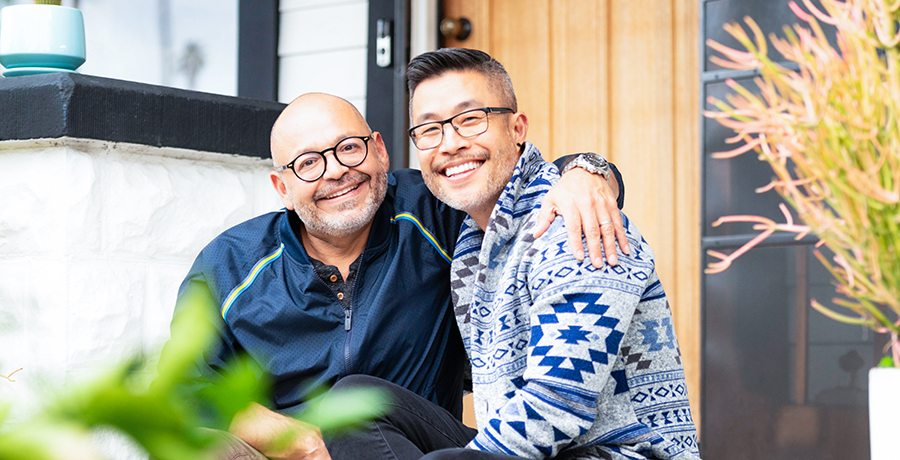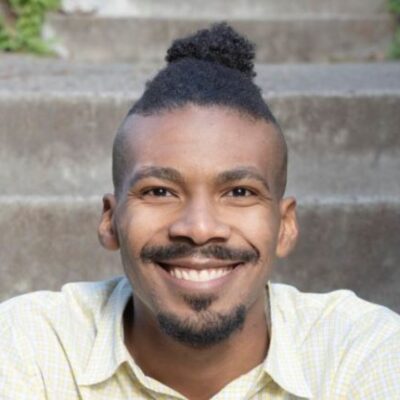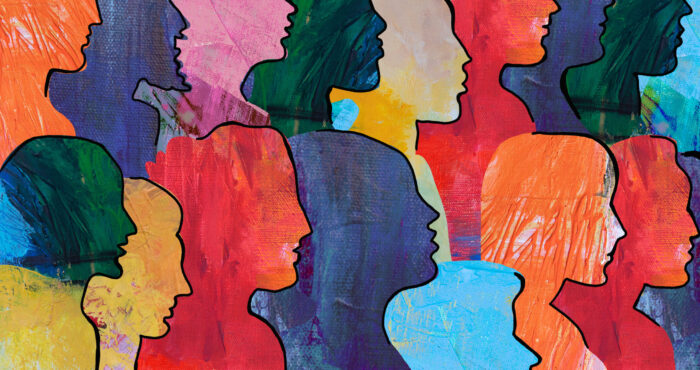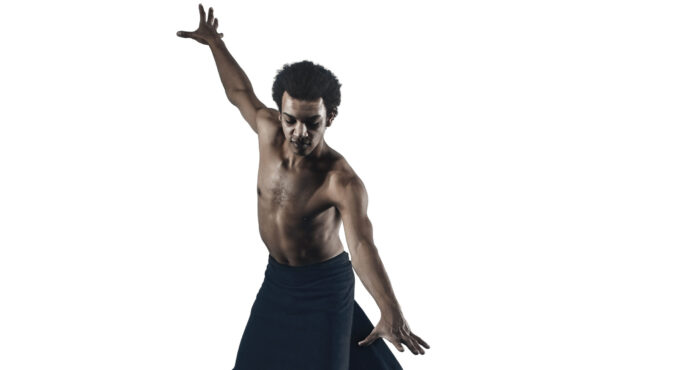The “wealthy gay myth”

What do characters like Will Truman, from the popular sitcom “Will & Grace,” Arizona Robbins, from “Grey’s Anatomy,” and Cameron and Mitchell from “Modern Family” all have in common?
These LGBTQ characters from incredibly popular TV series have all in some sense helped to shape the general public’s understanding of gayness—and they’re all white and wealthy. And from my perspective, they’re not outliers: The overwhelming majority of LGBTQ characters on TV are some combination of rich, white, stylist, and privileged (other sources agree).
“These representations are harmful,” said Jennifer Dazols, a financial advisor and fiduciary who works with LGBT professionals in the Bay Area through her company Modern Family Finance. “It’s part of this wealthy, gay myth. It makes queer people want to spend more money to be like the other gays they see on TV or who have elevated platforms and are representing our community.”
We might want to spend more money to validate ourselves, especially when we as a community have historically been invalidated. So many in the queer community have been told we’re not enough–and so seemingly wearing the right fashion, driving the right car, and owning the right house or condo could be an antidote.
“We want to show we are successful, well-adjusted queer people. And all of that comes at an expense…of so much debt,” said Dazols.
Despite having an estimated purchasing power of $1.4 trillion, little research has been done to understand the financial health of the LGBTQ+ community. One thing, however, is for certain — we are financially stressed.
Simply surviving as a Queer person can be unavoidably expensive in and of itself. If we’re ostracized by our families, or maintain strained relationships with our families because of our identities, we may lose financial safety nets or find ourselves establishing our lives without the support that many young adults depend on as they’re establishing careers or living paycheck to paycheck. In addition, LGBTQ+ people may face discrimination in job searches and as they advance their careers.
As we may struggle with earning, we may also experience higher cost of living. So many of us retreated from rural, more conservative towns to urban centers, which allow us to live in affirming and welcoming communities with LGBTQ+ services–but we pay dearly for the high price tags that come with living in liberating cities such as San Francisco and L.A.
A recent survey of 2,005 LGBTQ+ Americans found that two-thirds reported having “a high amount of financial stress.” LGBTQ+ folks were more likely to have student loan debt, credit card debt, and personal loan debt than other Americans overall, and also less likely to have a mortgage.
This financial insecurity can bring stress, anxiety, and negative impacts on our health. Financial stress can be so burdensome that it interferes with relationships and may create tension and conflict.
I can relate to all of the reasons that Queer folks experience financial stress which have already been mentioned. I, too, had a parent who threatened to not support me because I was “choosing to live a gay lifestyle.”
I, too, moved to the Bay Area with the hope that it’d be a more accepting place than the South. In the wake of these truths, I’ve lost sleep over how to pay bills at times with less support and in an expensive city. What brings me comfort is when I become present to the history of financial struggles Queer people have faced over the years. Yet, we still find resilience and strength. It’s my Queer community that I can call upon when most needed.
For further resources, consider the articles on Modern Family Finance that I found helpful. You may also look to other Queer financial advisors such as Michael A. Gregg of Wealth Vision Advisors and Steve Branton of Wealthspire Advisors. But most importantly, let’s commit to checking in with each other and having brave conversations about financial health. Only through these conversations can we start to understand the truth of how so many Queer people are struggling, and also how we may be able to support one another.










